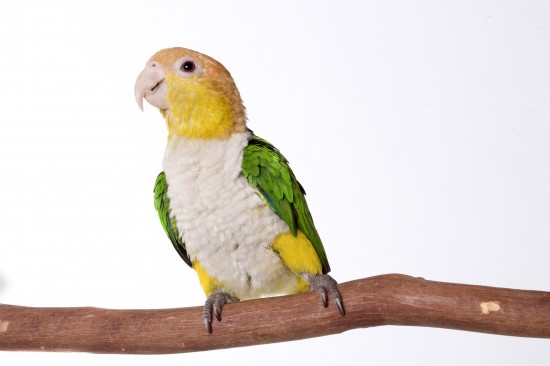
Dog skin problems can be caused by many different things. Your local veterinarian should be consulted to determine what the root problem is and find the best solution for your pet. Some of the reasons for skin issues can relate to the diet your dog is eating, the season, the area of the body where the problem is, the age of the pet and the breed. Once the cause is found it will be easier and faster to resolve the issue.
Some dogs have allergies to certain ingredients in their dog food, others can have seasonal allergies. If the dog is not too old the problem could be genetic. Take a look at the size and the shape of the irritation as well as how far it has spread and let the vet know what was discovered. If it is not widespread it could be a fungal or a bacterial problem in just that one spot.
If the hair is dull it could be a hormonal disease. If the hair or skin changes color it could be an abnormal growth. It could be a tumor if there is a lump. Some dogs are allergic to fleas and will develop a rash when bitten.
The best bet is to have the dog tested to see if there is an infection present, as soon as the results come back a treatment plan can be started. Antibiotics are prescribed when the test comes back positive for a bacterial infection. These infections are usually caused by hormones or allergies.
Depending on what the diagnosis is, the antibiotics will be prescribed for approximately 1 to 3 months. Allergy shots are administered if testing shows the pet has allergies. Just like people, dogs can be allergic to pollens in the air when Spring arrives. One of the side effects can be drowsiness, just like with humans.
If the sebaceous glands become blocked they can cause a condition known as seborrhea. This will show as oily hair and dry skin. Some dog breeds have a genetic disposition to this condition. Hormones, parasites and allergies can also be the cause. To treat this condition, the root cause will need to be treated and natural products can be used to cleanse the coat and make it stronger and well as products to improve the immune system.
To alleviate itchiness, fatty acids are very helpful such as linoleic acids that are found in sunflower, safflower and primrose oils. As with humans, fish oil is a great supplement to give to ones pet to clear up their itchiness. Shots of glucocorticoids can alleviate the discomfort for a month or two and are usually administered in the allergy season and for specific allergies. There has also been good results with homeopathic remedies.
If the dog tests positive for a food allergy, they can be put on a hypoallergenic dog food diet. This should be tried for a couple of months. There are dog foods on the market that are specifically for this issue and it is an easy way to test your pet for allergies in their diet. Usually they contain fish as the protein and potatoes as the simple carb. There contain no artificial flavorings, colors or ingredients.
Jennifer is a family pet health consultant who specializes in treatment for hot spots in dogs.
 Five Universal Personality Traits Of The Siberian Husky
Five Universal Pe
Five Universal Personality Traits Of The Siberian Husky
Five Universal Pe
 Coughing In Ferrets - Should You Be Worried?
Coughing In Ferre
Coughing In Ferrets - Should You Be Worried?
Coughing In Ferre
 Parrot Species - The Caique
Parrot Species -
Parrot Species - The Caique
Parrot Species -
 Getting Veterinary Care For Exotic Pets
Getting Veterinar
Getting Veterinary Care For Exotic Pets
Getting Veterinar
 Seven Tips For Raising A Well-adjusted Puppy
Seven Tips For Ra
Seven Tips For Raising A Well-adjusted Puppy
Seven Tips For Ra
Copyright © 2005-2016 Pet Information All Rights Reserved
Contact us: www162date@outlook.com